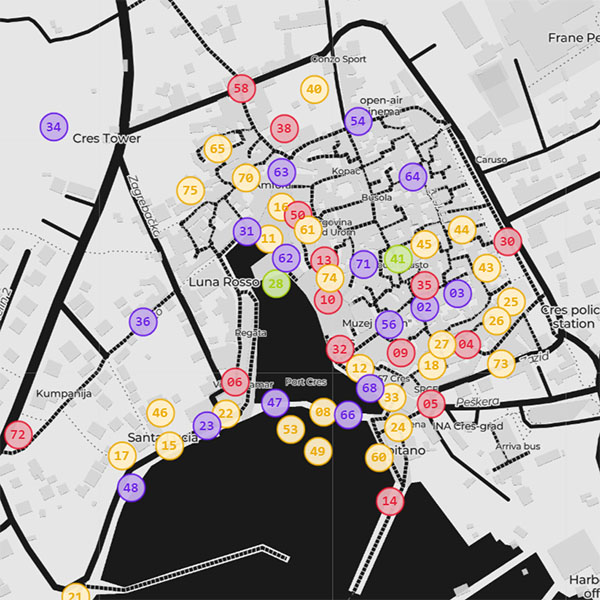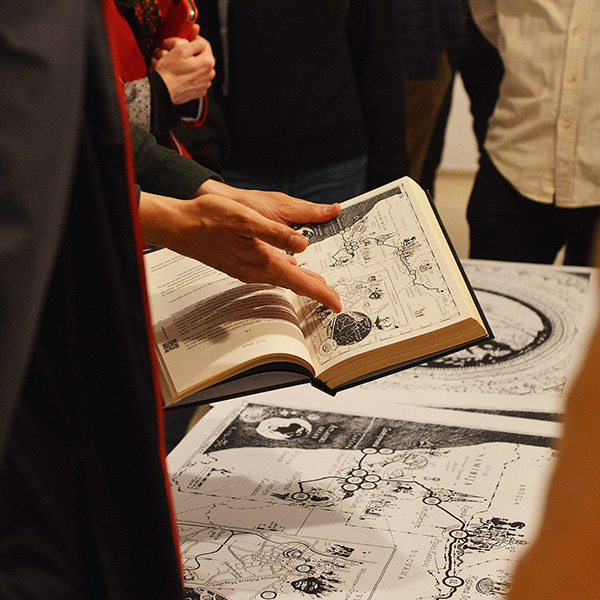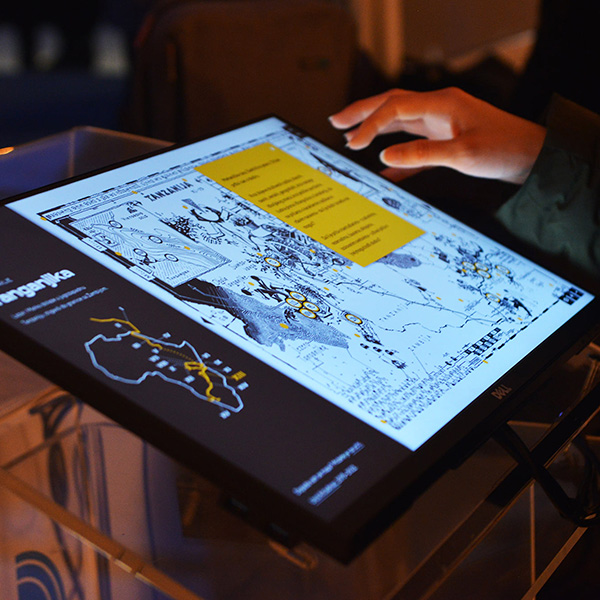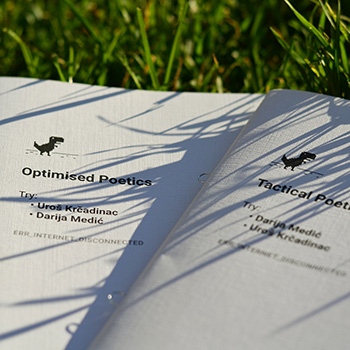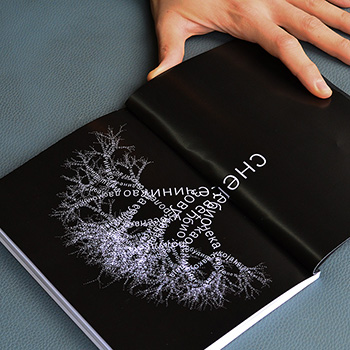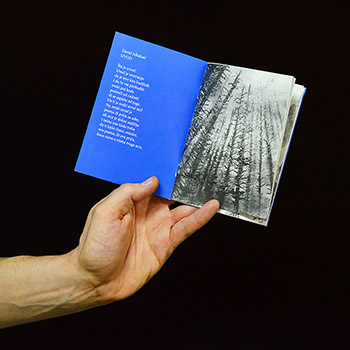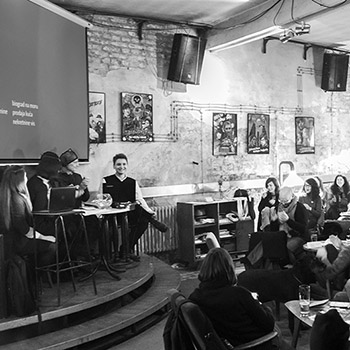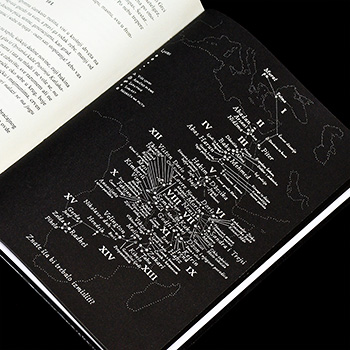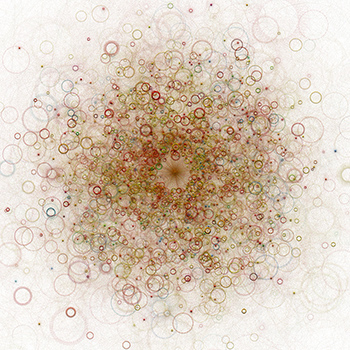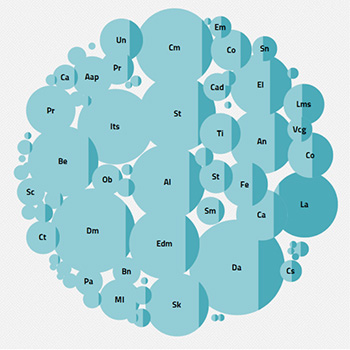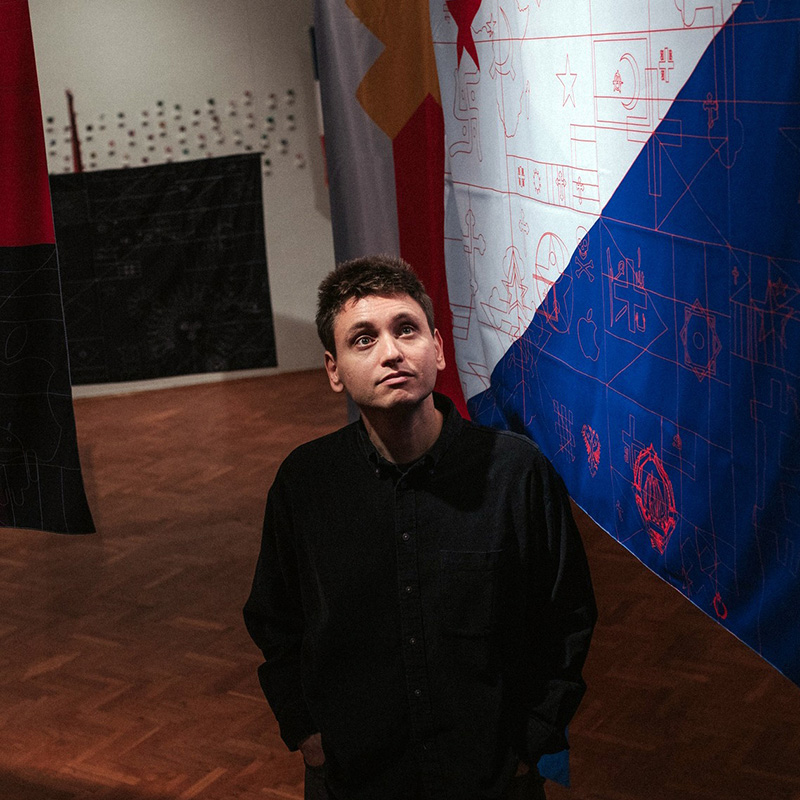Writing
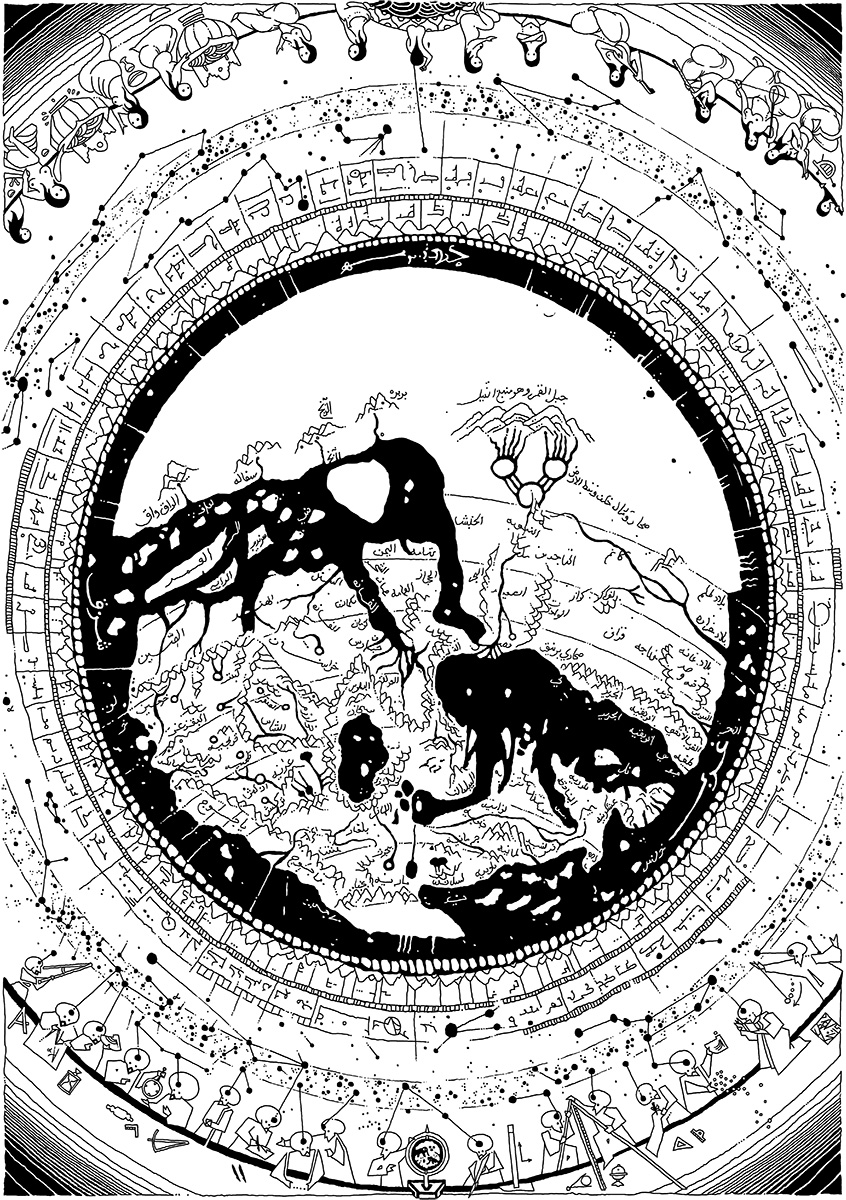
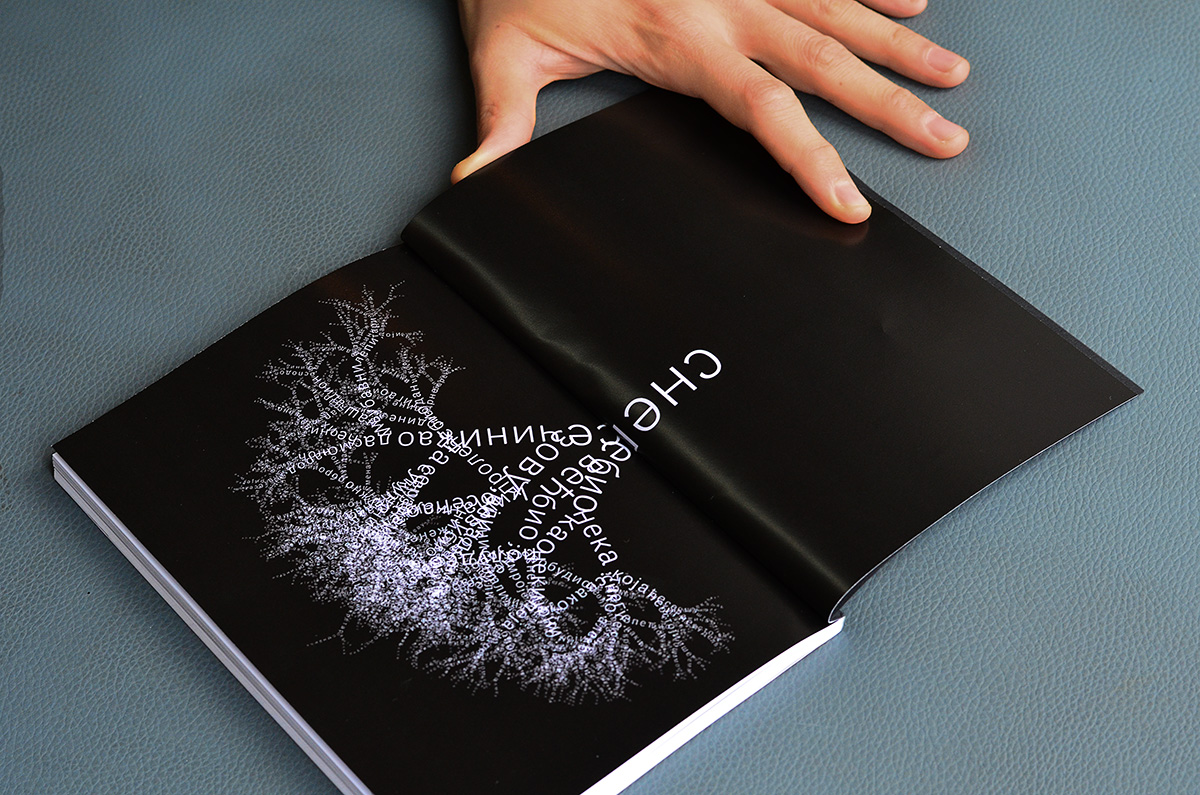
- 2023Data Dada: Artificial Intelligence and (Anti-)Fascist Art (available in Serbian as Data Dada: veštačka inteligencija i (anti)fašistička umetnost), U. Krčadinac, EYE TO I, Belgrade, Serbia
- 2023Centaur Culture (available in Serbian as Кultura kentaura: generativne šahovske mape kao jezik nove digitalne osećajnosti, U. Krčadinac, Literary Magazine (Književni magazine), Serbian Literary Society, Belgrade, Serbia
- 2020Optimised Poetics, U. Krčadinac & D. Medić, Vectors of Collective Imagination, Multimedia Institute & Kuda.org, Zagreb, Hrvatska & Novi Sad, Srbija
- 2020Tactical Poetics, D. Medić & U. Krčadinac, Vectors of Collective Imagination, Multimedia Institute & Kuda.org, Novi Sad, Srbija & Zagreb, Hrvatska
- 2019I Do Not Wish To Be Loved, I Wish Everyone Loved Leaves, Artist Book, Gallery of Contemporary Art, Pančevo, Serbia
- 2019Zima, Booklet of Avantgarde Poetry, Albahari Cultural Centre, Belgrade, Serbia
Algorithms and Literature
In the first group of publications there are essays on algorithmic culture and a body of conceptual literary work created using various digital and electronic techniques.
Projects include a pair of books, Tactical Poetics and Optimised Poetics, which introduce poetic practices of co-creational textual production in the age of mass surveillance, artificial intelligence, and digital commodification. Books are under an open and free licenced. They can be downloaded for free, from a link in the Publications section. Bordering both digital art and digital literature, there is a project I Do Not Wish To Be Loved, I Wish Everyone Loved Leaves, an interactive RNN for generating and visualizing text in the style of Serbian modernist writer Miloš Crnjanski.
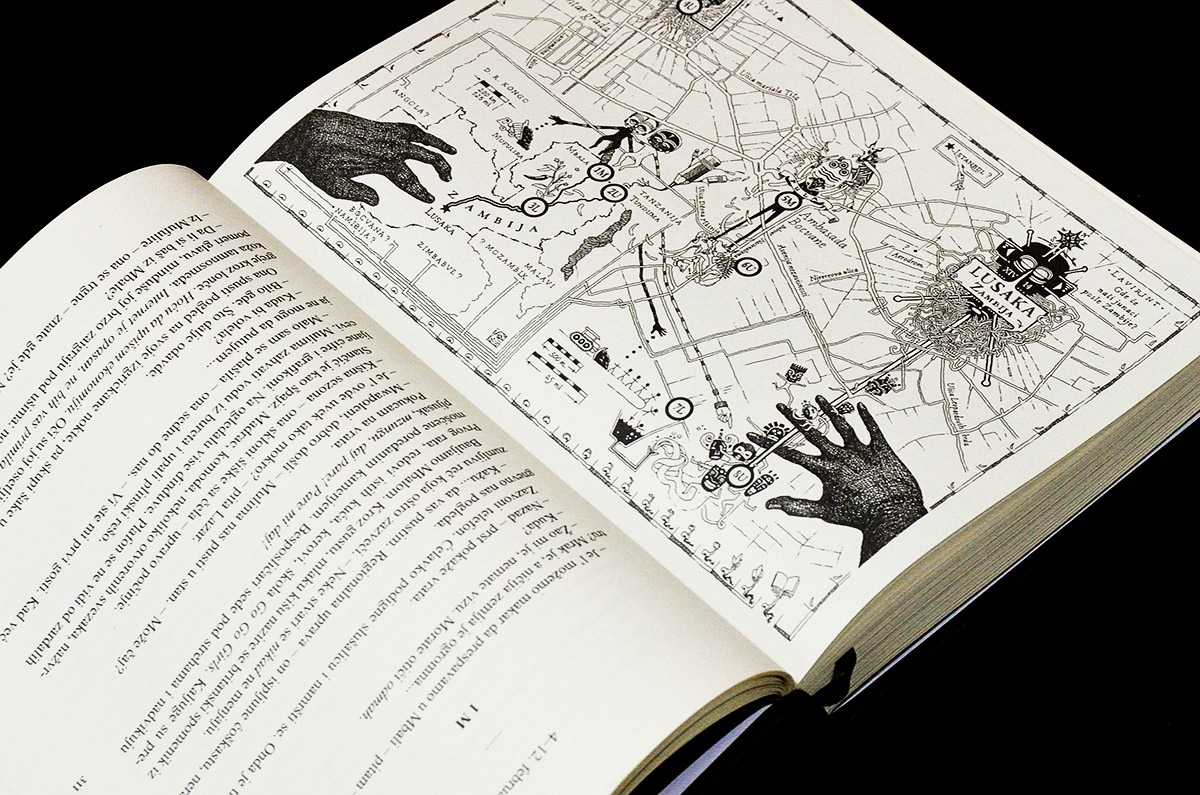
- 2022 Bantustan Interactive Atlas, Krčadinac U., Krcadinac.com, Belgrade, Serbia
- 2021 Bantustan: Atlas of an African Journey (English and global edition), Pašćanović L., Krčadinac U., Đedović M., The Travel Club, Novi Sad, Serbia
- 2015 Bantustan: Atlas jednog putovanja (Serbo-Croatian edition), Pašćanović L., Krčadinac U., Đedović M., Klub putnika, Novi Sad, Serbia
- 2009Neutabanim stazama (Off the Beaten Path), collection of short travelogues, group of authors, Klub putnika (The Travel Club), Novi Sad, Serbia
Travel Stories
I've written several travelogues in collaboration with Lazar Pašćanović and The Travel Club (Klub putnika), the main Balkan hub for independent travelers and travel writers.
The most prominent work is Bantustan: Atlas of an African Journey (Bantustan: Atlas jednog putovanja), a book of travel prose written by Lazar Pašćanović, Marko Đedović, and me. Describing a 3-month journey from Serbia to Namibia, the book consists of conversations between us and the people we met. I'm also a co-author of Neutabanim stazama (Off the Beaten Path), a collection of short travelogues published by Klub putnika. With Mario Janković-Romano and Nenad Morača, I've written The Land Whose Cities Do Not Exist, a story from Mongolia. Since 2019 I serve as a regular jury member of the annual literary competition for the best travelogue.
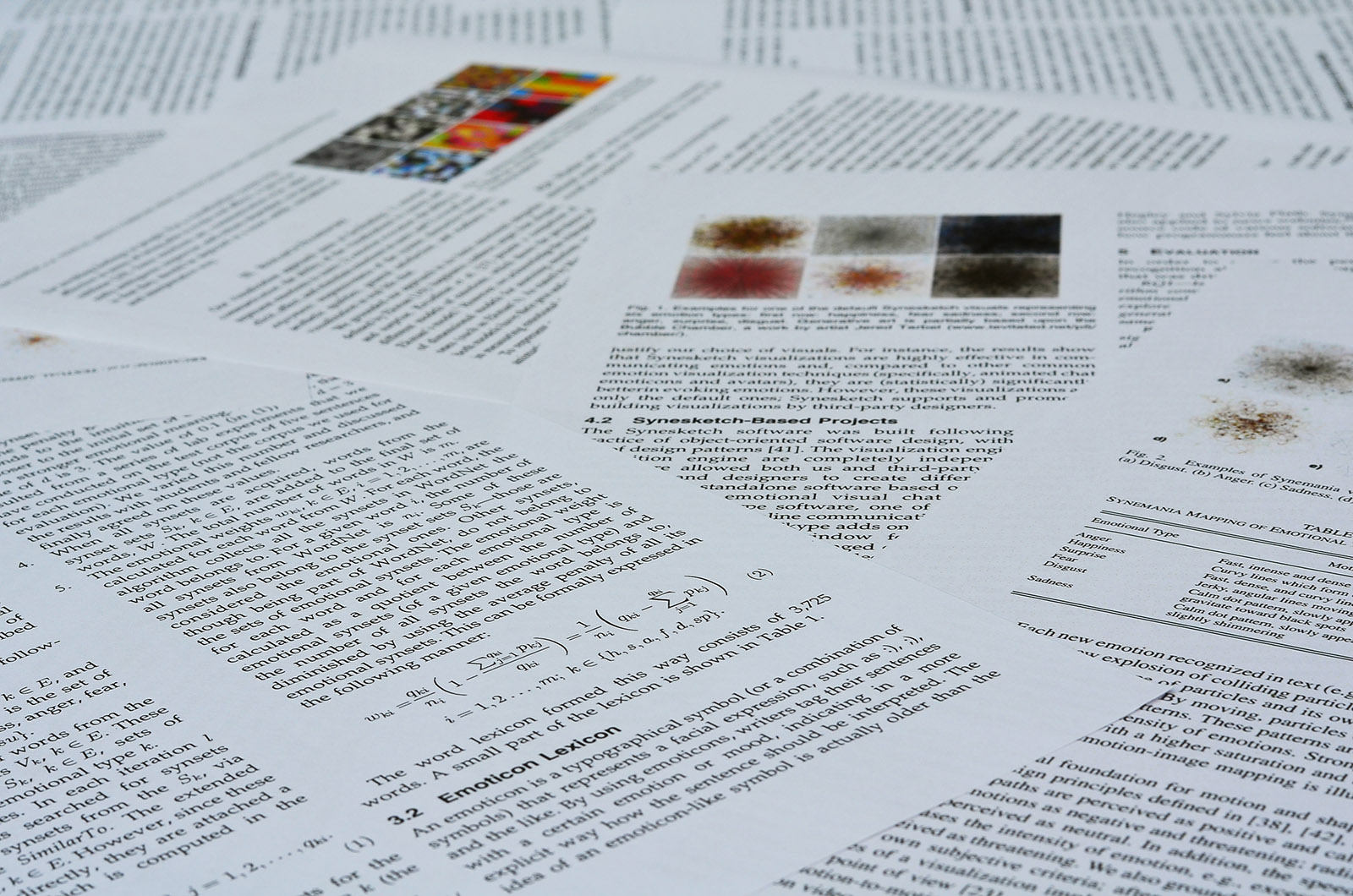
- 2016Textual affect communication and evocation using abstract generative visuals, Krcadinac U., Jovanovic J., Devedzic V. & Pasquier P. IEEE Transactions on Human-Machine Systems, doi: 10.1109 / THMS.2015.2504081 (Preprint PDF)
- 2013Synesketch: An Open Source Library for Sentence-Based Emotion Recognition, Krcadinac U., Pasquier P., Jovanovic J. & Devedzic V. IEEE Transactions on Affective Computing 4(3): 312-325, 2013, doi: 10.1109 / T-AFFC.2013.18 (Preprint PDF)
- 2013Visual Exploration of Semantically Annotated Research Papers, Milikic N., Krcadinac U., Jovanovic J., Brankov B. & Keča S., Learning Analytics and Knowledge. Data Challenge, 2013.
Academic Research in Affective Computing
A body of academic software-related research in the fields of Affective Computing, Human-Computer Interaction, Generative Aesthetics, Textual Emotion Recognition, and Data Visualization. The most important work is Synesketch, a free open-source project I’ve started in 2008. Papers were published in two journals, IEEE Transactions on Human-Machine Systems and IEEE Transactions on Affective Computing.
Research on affective systems was a collaboration with Jelena Jovanović and Vladan Devedžić from the Good Old AI Lab, Department of Software Engineering, Faculty of Organisational Sciences, University of Belgrade, Serbia. Research on generative systems was done in collaboration with Philippe Pasquier, at the Metacreation Lab, School of Interactive Arts + Technology, Simon Fraser University, Vancouver, Canada.
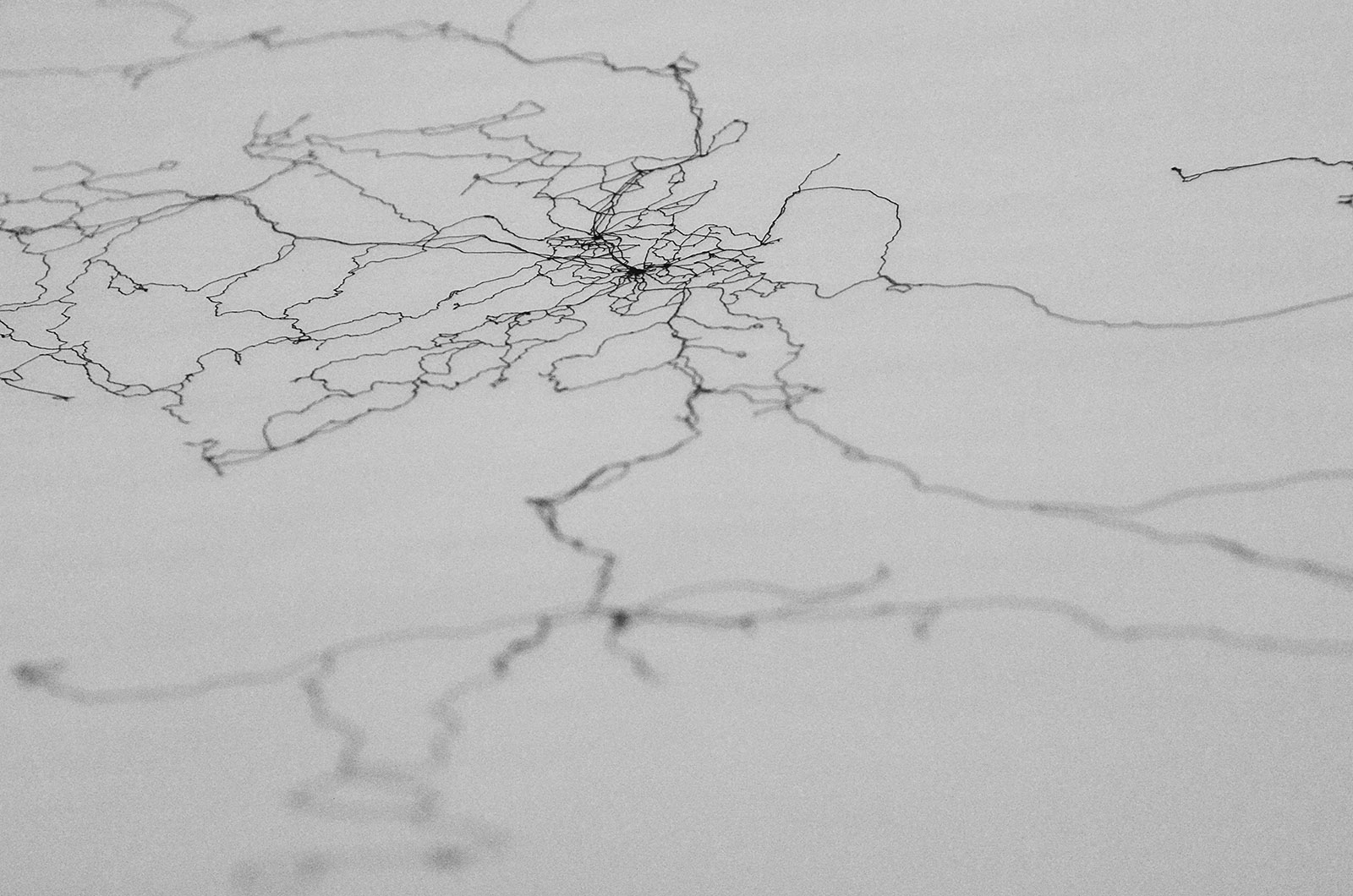
- 2019Intelligent Multi-Agent Systems (Book Chapter), Krčadinac U., Stankovic M., Kovanovic V., Jovanovic J. Encyclopedia of Information Communication Technology, 2009, IGI Global, DOI: 10.4018/978-1-59904-845-1.ch061
- 2019Intelligent Software Agents and Multi-Agent Systems (Book Chapter), Stanković, M., Krčadinac, U., Kovanović, V., Jovanović. V., Encyclopedia of Information Science and Technology, Second Edition, Pages 2126-2131, IGI Global
- 2019Intelligent Software Agents with Applications in Focus (Book Chapter), Janković-Romano, M., Stanković, M., Krčadinac, U., Encyclopedia of Artificial Intelligence 2009: 950-955, IGI Global. DOI: 10.4018/978-1-60566-060-8.ch082
Essays and Articles
Among the essays I’ve written for The Travel Club (Klub putnika), I single out The Travel Club Symbol (an essay about personal geographic lines we draw by moving) and Geographic I (an essay about the personal geoidentity each person makes by travelling the globe and exploring it physically).
For the BalkansMedia portal I've written essays on Data Art and Data Journalism, as well as tutorials about Creative Coding and building with d3.js. They're available in Serbo-Croatian and Albanian.
For the BeforeAfter portal I've written an essay about the most meaningless app on the Web and a review of the game Monument Valley.
Finally, there are three old AI-related encyclopedia articles I wrote during my undergraduate years with Milan Stanković, Jelena Jovanović, Mario Janković-Romano, and Vita Kovanović.
Notebook
I also write notes for my Digital Notebook.
Notebook is a body of texts, sketches and ideas not yet turned into projects nor publications. More than a journal or a blog, it is a collection of curiosities, a database of textual, visual, and interactive miscellanea.
The first essay in the Notebook is a story of how this website came to be.
